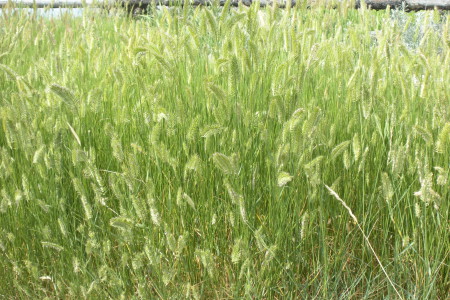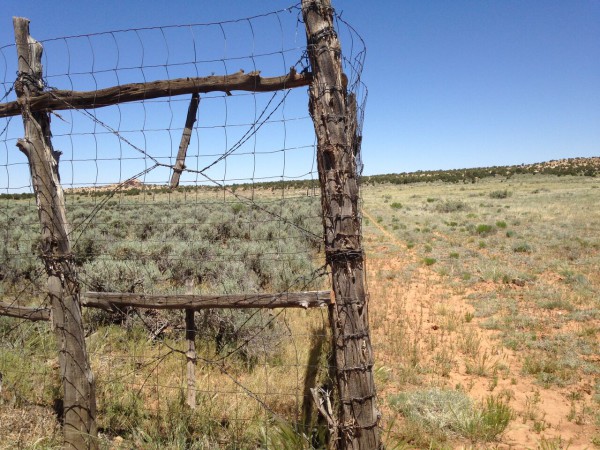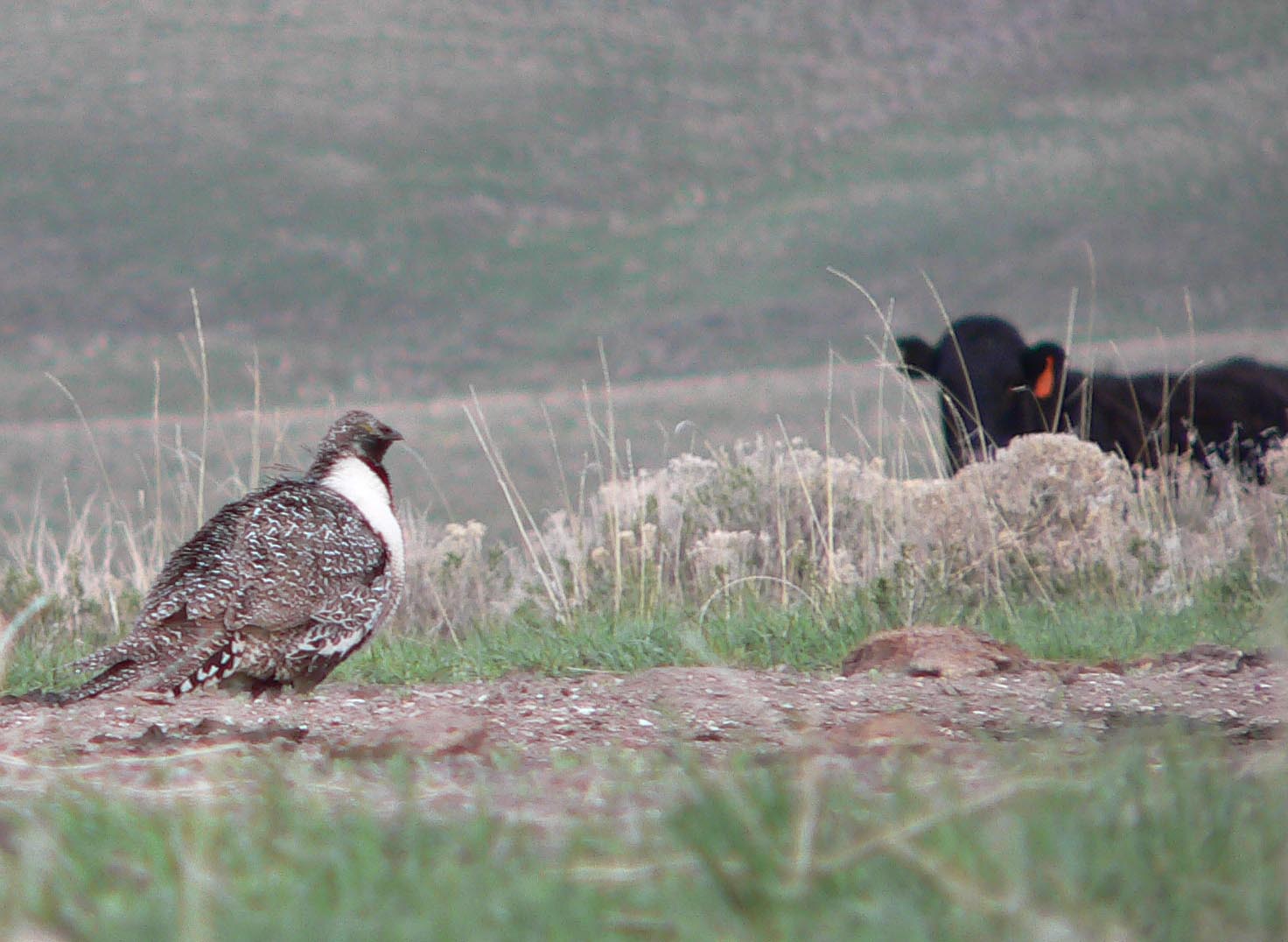When I think about rangeland science, I think of it as a big puzzle. Each scientific study related to rangelands is a piece of the puzzle. A single study doesn’t prove anything. With regards to public land management, it should take many, many scientific and/or case studies (including good demonstrations) before an agency adopts something as policy. This is easy for me to say since I work at a university. Often scientists create the puzzle pieces and put them in context under the implications section of their paper—then leaving the federal land management agencies to put them together and create a policy.
How do scientists and advocates use scientific literature?
I believe (my opinion) scientists and advocates use scientific studies very differently. When I write a scientific article for a peer-reviewed journal, it’s nearly always with one or more co-authors. We cite other articles from primarily peer-reviewed journals. These articles: 1) further describe the methods we used in our methods section and 2) puts our research into a context that either supports or refutes my research findings. The second type of articles usually appear in our introduction or discussion sections of the paper. Our discussion section describes how our research fits into the bigger picture. It tells the reader why we think our findings are important and why they should care.
On the other hand, groups that advocate removing all livestock grazing from public lands cite scientific literature to change public policy or sway the general public’s view of grazing. They usually cite a handful of carefully selected studies to build their case. In some instances, the portrayal of these articles is misleading or inaccurate. While several studies are enough to support a scientist’s research findings, I believe it should take a variety of peer-reviewed studies or literature reviews to create and/or change federal land management policies.
The paragraph above is definitely opinion, not just my opinion, but opinion nonetheless.





